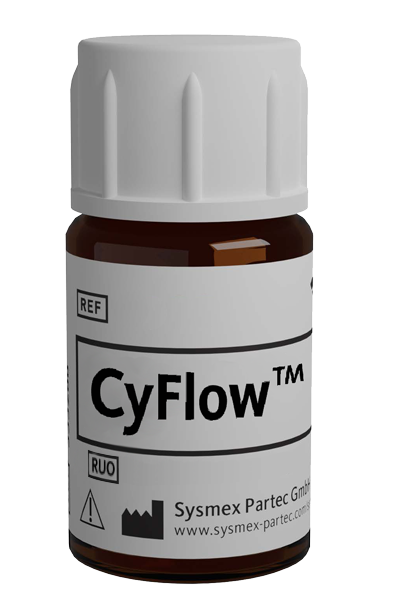Article successfully added.
CyFlow™ CD71 APC-Cy7
| Alternative Name: | T9 , TFR, TRFR |
| Antibody: | Yes |
| Antigen: | CD71 |
| Application: | Flow cytometry |
| Clonality: | monoclonal |
| Clone: | MEM-75 |
| Emission Maximum: | 780 nm |
| Excitation Maximum: | 650 nm, 750 nm |
| Field of Interest: | Endocytosis, Immunophenotyping |
| Format/Fluorochrome: | APC-Cy7 |
| Isotype: | IgG1 |
| Laser: | Red |
| Regulatory Status: | RUO |
| Source Species: | Mouse |
| Target Species: | Human |
| Product number: | BZ847039 |
For Research Use Only

